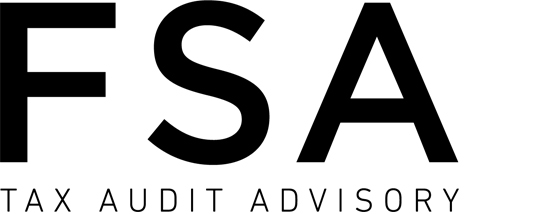Since January, nearly 80% of all scams reported to the ATO relate to emails. While scams are becoming more sophisticated, there are red flags you can share to help your employees quickly spot a fake email.
Remind your employees to:
- look out for messages containing a link that asks you to login to a government service such as myGov. The ATO recently removed all hyperlinks in unsolicited, outbound SMS, so if you’ve received a message from the ATO that contains a link, it’s a scam.
- be careful of requests for personal or financial information, especially if they claim to be urgent or time sensitive. The ATO will never ask for passwords, account numbers, or other sensitive data via email, SMS or unsolicited phone calls.
- be wary of downloading attachments or opening email links. They can infect your computer with malware and lead to your business’s information being stolen and used to commit fraud.
- watch out for unusual transactions or interactions on your accounts. If you’re unsure whether contact from the ATO is genuine, don’t engage with it and verify it. You can also look at the ATO’s scam alerts.
Many people who have a scam experience never report it. By reporting and sharing your ATO scam experience, you’re helping others see the warning signs and avoid these scams themselves.
If you see a suspicious email claiming to be from the ATO, send it to reportscams@ato.gov.au.
For more information, visit ato.gov.au/scams.




